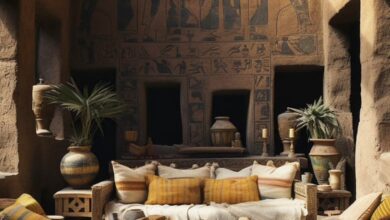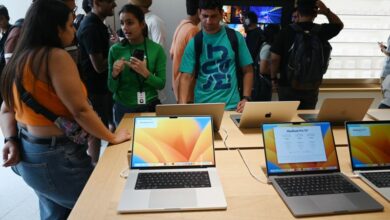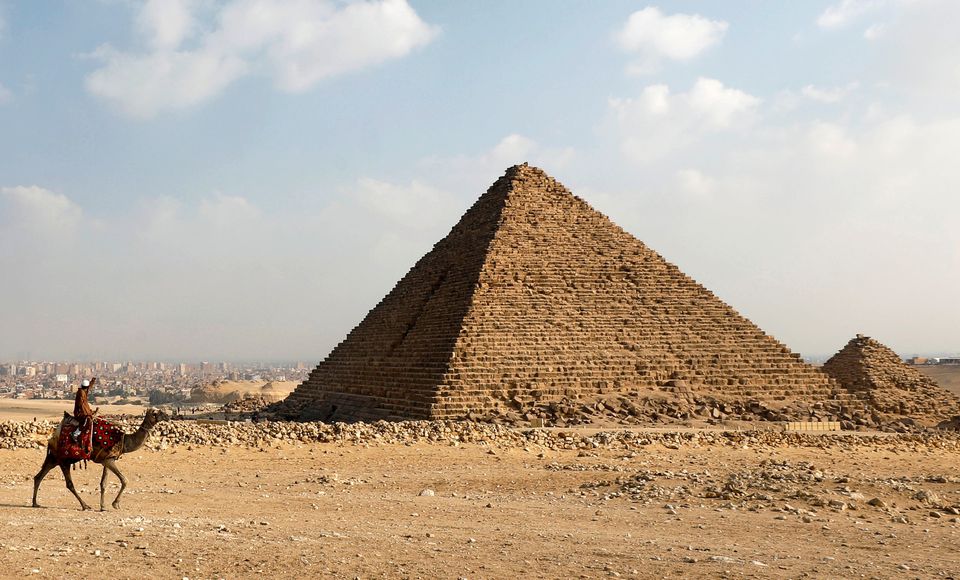In 2007, a graduate student told Sherif Kamel, dean of the American University in Cairo's School of Business, that he should forget about creating a blog and look into Facebook as the new technology for communication.
"I told him that Facebook is immature, that it's only about photos and friends," Kamel said. "That student was Wael Ghonim."
The Access to Knowledge for Development Center (A2K4D) held its second annual workshop at AUC's Tahrir Campus on Tuesday evening. The event, titled “Access to Knowledge, Democratizing Technologies and Development,” looked at ways that knowledge and technology can intersect to maximize access and democratization, which are held as crucial catalysts for human development.
“By access to knowledge (A2K), we mean the active participation in creating and sharing knowledge,” said Nagla Rizk, director of the center and associate dean of graduate studies and research at the AUC School of Business. “It means transforming knowledge into a horizontal platform that is no longer top-down, ultimately resulting in the price for knowledge being zero, giving everybody equal access and opportunities.”
The event was split into two sessions: the first presented multidisciplinary examples of knowledge democratization through advocacy and technology tools. The second session looked at technology democratization through a panel discussion, which analyzed the struggles of Free and Open Source Software (FOSS) in the Arab world.
Dina Iskander, from the Egyptian Initiative for Personal Rights, spoke about the challenges that pharmaceutical patents pose to providing affordable generic drugs, a research and advocacy project she has been working on.
“When people put patents on a chemical, it means that it can no longer be replicated by other companies,” said Iskander. “This is good for business, but it is not good for the community because the patented firm ends up owning and controlling the chemical. So medicine, instead of developing at its fullest, ends up becoming a type of interplay between intellectual property and production.”
In Egypt, this results in the public drug companies relying on and supplying old chemical formulas because they’re accessible and cheap. At the same time, Egypt’s research and development sector in the medical community continues to be very weak, meaning that it is difficult to explore and create its own advanced medicines, according to Iskander.
Iskander concluded that unless there is a rethinking of policies and patent laws, or incentives for local manufacturers to carry out research and development, Egypt’s patients will not have access to certain medicines or pharmaceutical advances.
Moving to the broad field of democratized online content through social media, Laila Shereen Sakr, founder of R-Shief, a platform for online data mining and semantic content analysis, spoke of the crucial function of analyzing this content using both human and technical factors.
Hosting tools such as the Twitter miner R-Shief allow users to aggregate content by setting search parameters that return conclusive information from the social media networks. For example, if one wanted a feel of the progress of various presidential candidates in Egypt, R-Shief could gather data reflecting people’s views on the candidates, filter it through positive and negative word dictionaries and then analyze it to provide information to users.
Another area of knowledge democratization through technology is the production of television shows on YouTube. Mohammed Khalifa, independent director of the Bassem Youssef (B+) show and the music video for "Sout al-Horreya" – both of which are going viral among internet users – demonstrated how he was able to break free from the constraints of autocratic film institutions and television stations by using YouTube as a platform for digital entrepreneurship.
“Producing content on YouTube gives freedom and space to innovate and break the traditional patterns that people are accustomed to with TV,” said Khalifa. With YouTube, there is no risk involved and the success of the video is based solely on the response of the viewers, allowing producers to constantly push boundaries. In the YouTube-based model, the cost of production is low and the reaction from viewers is instant; if successful, it can then cross over on to TV, which is the case with Bassem Youssef Show.
Democratizing knowledge tools was then discussed in a panel on Free and Open Source Software (FOSS) with A2K4D’s research team, which included members from Syria, Morocco, Tunisia, Jordan, Saudi Arabia, Lebanon and Egypt.
The panelists discussed challenges to the adoption of FOSS, which liberally licensed software, allowing users access to the source codes that enables further use, study, modification and individualistic improvements of the software itself. A common challenge across the Arab world is governments’ unwillingness to detach itself from the vertical model provided by software proprietors – ultimately large corporations such as Microsoft.
Proprietors of the source code and Arab governments have a vested interest in maintaining this model as it allows both parties to benefit financially; the proprietors benefit from source code monopoly, and the government benefits by not having to incorporate change into digital development, as well as from deals with the proprietors themselves.
“Open source is a much more democratic methodology in the technological world,” stated Nawaf al-Badia, a systems architect from Saudi Arabia. “It offers a much more horizontal business model as it is community based and therefore allows for bottom-up developments where the sky really is the limit – rather than the proprietor.”
However with the recent change in political atmosphere sweeping the Arab world, there is much optimism that FOSS may be able to unearth itself as a feasible technological advancement in the Middle East.
“If two people have ideas and they share them, then they both have two ideas – therefore the scope of knowledge increases by sharing,” said Walid Karam, coordinator at ma3bar.org (Arab Center for FOSS at the University of Balamund, Lebanon). “We now have a chance to fully develop our business model in order to democratize technology completely; that should be the priority, not what is going to happen to the proprietor of the software.”




